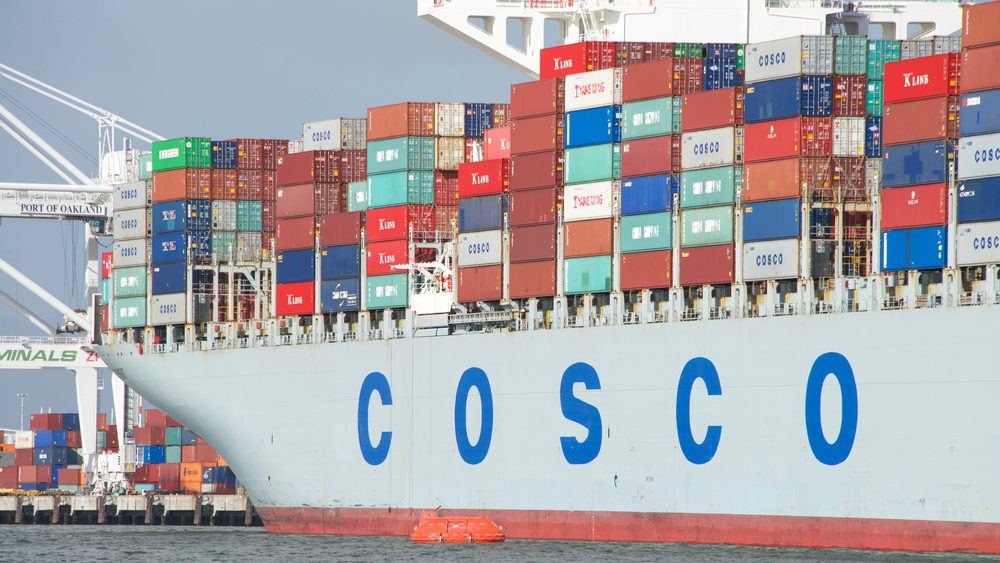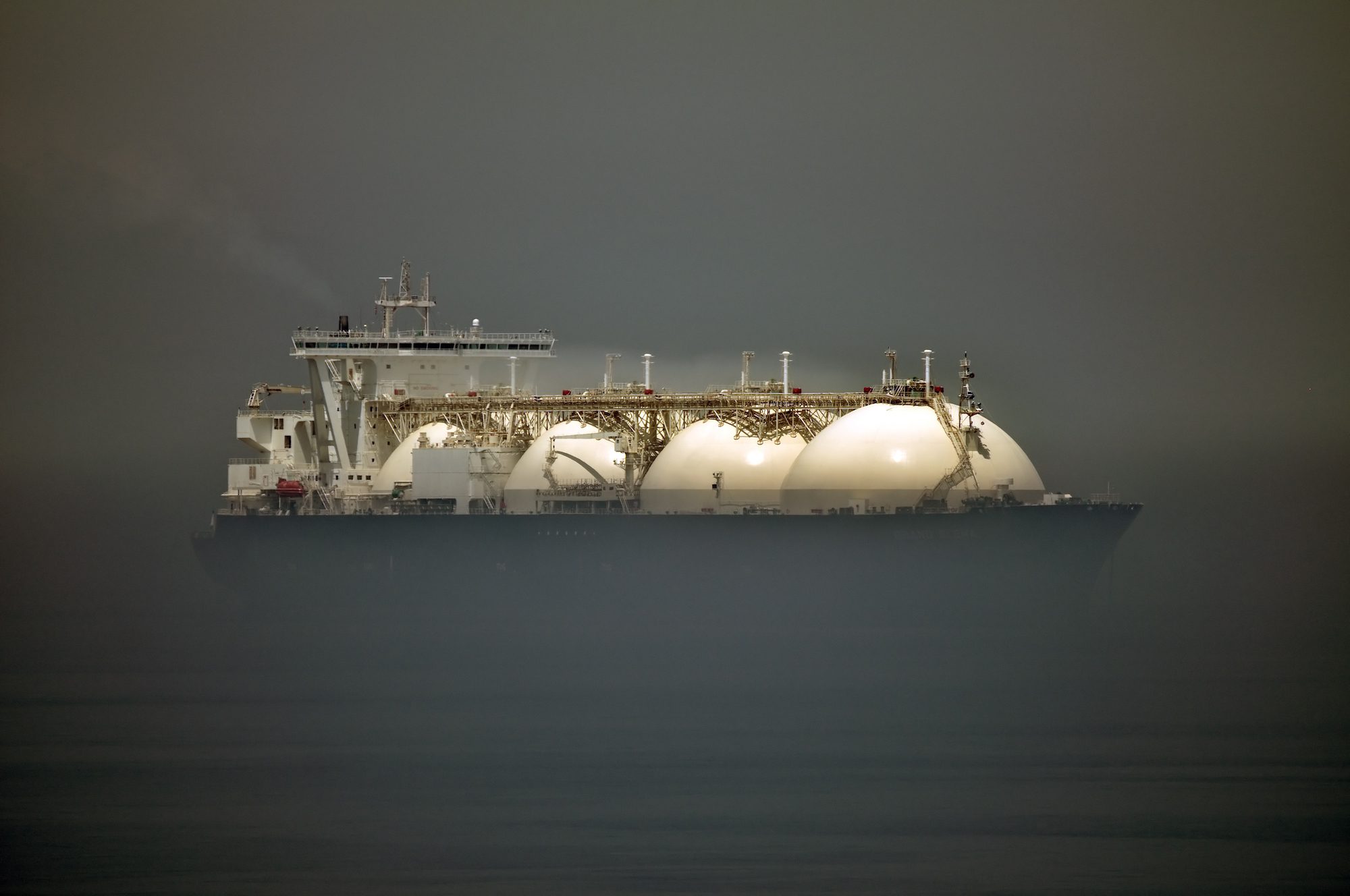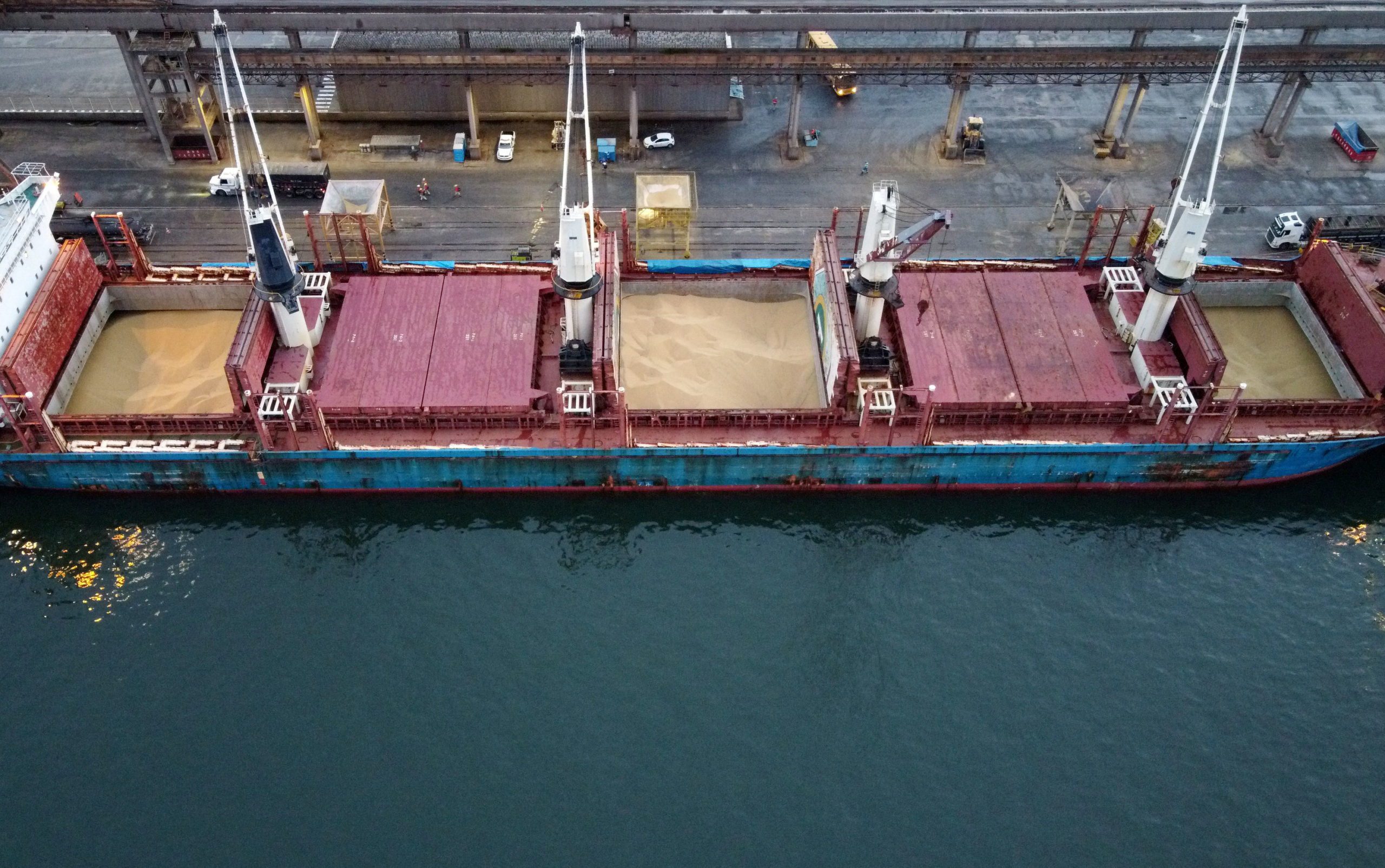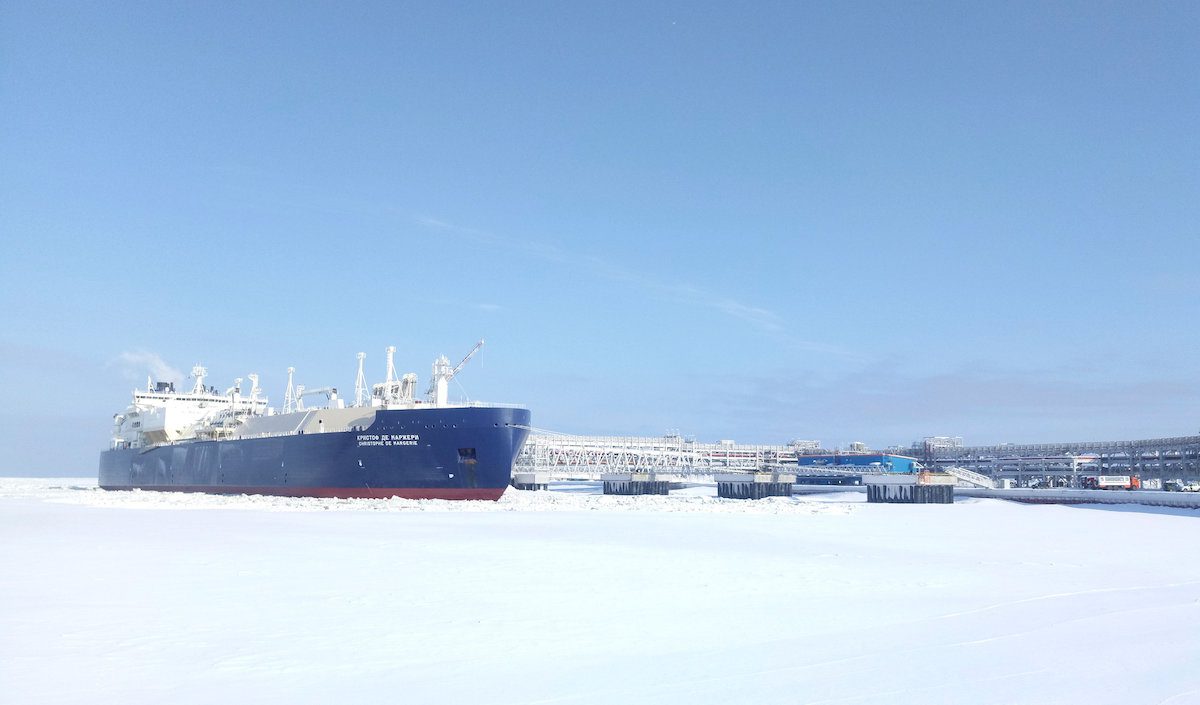The global shipping industry faces a significant financial challenge as United States Trade Representative (USTR) actions to “reverse Chinese dominance and restore American shipbuilding” take effect later this month.
According to a new analysis by maritime intelligence firm Alphaliner, leading container shipping companies could face a combined $3.2 billion in fees by 2026 if they maintain their current fleet deployment patterns to the United States.
Under the USTR Section 301 measures effective Oct. 14, Chinese-owned or operated vessels will be charged $50 per net ton (NT) per voyage to the U.S., rising by $30 each year through 2027. In addition, non-Chinese operators using Chinese-built ships over 4,000 TEU or 55,000 DWT face fees starting at $18 per NT or $120 per TEU in 2025, increasing $5 annually. Both fee categories are capped at five voyages per vessel per year and cannot be combined. Meanwhile, operators that order a U.S.-built vessel may receive up to a three-year suspension of these fees.
COSCO Group stands to be most severely impacted, with potential fees reaching $1.53 billion of the total $3.2 billion estimated for the top ten carriers, assuming fleet deployments remain unchanged next year.
ZIM, ONE, and CMA CGM also face substantial exposure with projected fees of $510 million, $363 million, and $335 million respectively. Alphaliner notes that these three carriers “deploy a large share of ships chartered from Chinese shipowners,” placing them in the first category of sanctions.
Among Gemini Cooperation partners, the impact varies significantly. While Maersk would face a relatively modest $17.5 million in fees, Hapag-Lloyd could be charged approximately $105 million, primarily due to its use of Chinese-owned vessels, according to Alphaliner.
The Hong Kong-based tonnage provider Seaspan emerges as a key factor in the equation, with its chartered-out fleet of 54 ships (0.62 million TEU) trading to the U.S. potentially generating $1.31 billion in fees across various carriers, the analysis shows. Recognizing this threat, Seaspan is reportedly relocating to Singapore to help its clients avoid fees on Chinese-owned tonnage.
Not all carriers face equal exposure. Alphaliner notes that Evergreen and HMM would avoid USTR fees entirely, with HMM’s fleet consisting primarily of Korean-built tonnage (23 out of 25 units).
Looking at the per-TEU impact, Alphaliner calculates that tariffs would range from $2,121 per TEU for COSCO’s U.S.-bound fleet to just $26 per TEU for Maersk’s U.S. services.
Major carriers including Maersk, CMA CGM, COSCO SHIPPING, and OOCL have already communicated that the Section 301 measures will have minimal impact on their network coverage and pricing. To maintain service consistency, carriers began adjusting their global fleet deployments during the 180-day grace period that started on April 17.
One example of these adjustments came from MSC, which removed the 9,411 TEU MSC JEONGMIN from its Mediterranean to U.S. West Coast “California Express” service. The vessel made its final call at Los Angeles on August 3. The ship is owned by the Shanghai-based Bank of Communications (BOCOM Leasing), according to Alphaliner.
The USTR’s actions represent the implementation of a plan announced in April 2025, which was scaled back from earlier proposals. The final plan softened fee levels and offered exemptions and incentives, aiming to curb Chinese maritime dominance without severely disrupting global trade flows.
As the October 14 implementation date approaches, the shipping industry continues to adapt strategies to mitigate these unprecedented regulatory costs while maintaining service reliability across global supply chains.

 Join The Club
Join The Club











